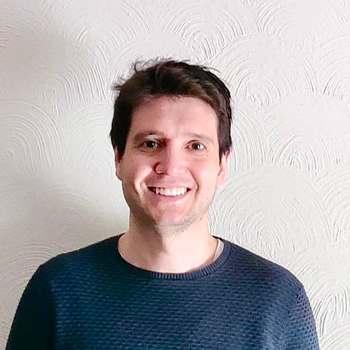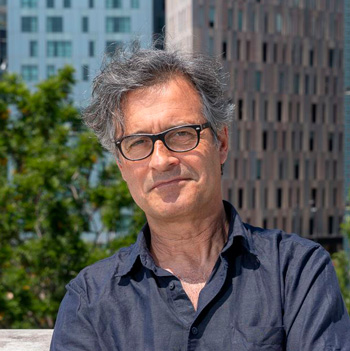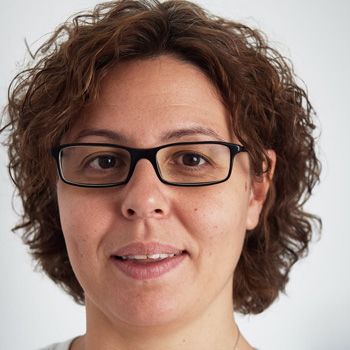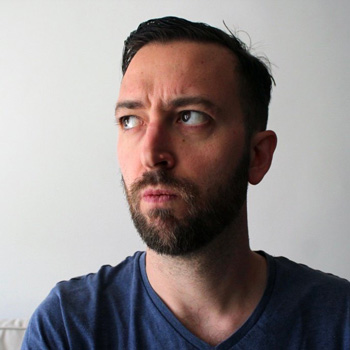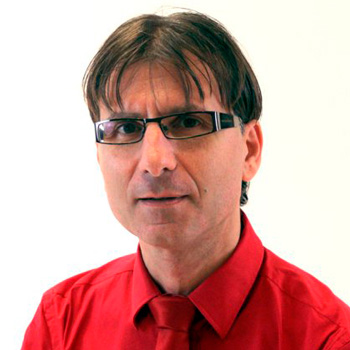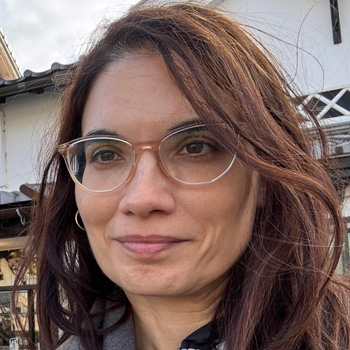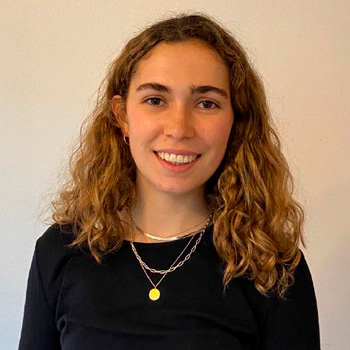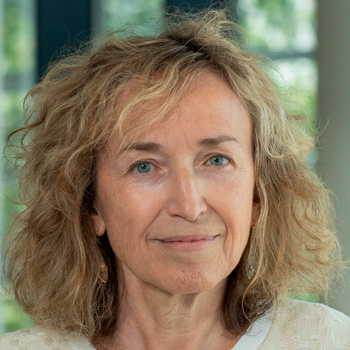Calidoscopi
4. Kaleidoscope
How can engineering contribute to planetary wellbeing?
This issue’s ‘Kaleidoscope’ section reflects on how engineering can help improve planetary wellbeing and provide solutions to the challenges facing 21st-century society in fields ranging from health or energy to fire-fighting.
The section features articles by various experts, most of whom are affiliated with UPF’s Department of Information and Communication Technologies (DTIC), which has been awarded the Spanish State Research Agency's María de Maeztu (MdM) seal of scientific excellence. The main aim of the department’s MdM strategic programme ‘Artificial and natural intelligence for engineering and beyond’ (2023-2026) is to promote research focused on planetary wellbeing.
In much of this research, technologists and engineers have to collaborate with experts from other fields of knowledge in the context of interdisciplinary studies. Hence, this issue’s ‘Kaleidoscope’ section also includes contributions from UPF’s Centre for Studies on Planetary Wellbeing, with a view to providing a more global and mainstreamed vision of this issue.
The future of medicine: VIDAA and the eternal promise of virtual twins
Jordi Mill, member of the PhySense research group and co-investigator of the VIDAA project, Department of Information and Communication Technologies (DTIC), UPF
Lullabyte: The engineering of sleep and dreams
Sergi Jordà (shown in the image), Perfecto Herrera and Tinke van Buijtene
Music Technology Group (MTG), Department of Information and Communication Technologies (DTIC), UPF
Collaboration between engineering and ICT experts and professionals from other fields: vital to building a more sustainable and equitable future
Carla Lancelotti, director of the UPF Centre for Studies on Planetary Wellbeing
Data as a tool for fighting climate change in cities
Manuel Portela, member of the Research Group on Web Science and Social Computing (WSSC), Department of Information and Communication Technologies (DTIC), and co-coordinator of the DATALOG project at UPF
Aerial drones for wildfire detection and surveillance
Àngel Lozano, head of the Wireless & Secure Communications Group, holder of the Fractus-UPF Chair on 6G and Tech Transfer, and scientific director of the Maria de Maeztu Unit of Excellence in Information and Communication Technologies at UPF
ICT to enhance education and wellbeing
Davinia Hernández-Leo, director of the Interactive and Distributed Technologies Research Group for Education (TIDE) of the DTIC of the UPF
How to engineer planetary wellbeing?
Ariadna Quingles (shown in the image) and Ariadna Plans, co-organizers of the Ted Talks session ‘TEDxUPF Engineering Planetary Wellbeing’ and biomedical engineering students at UPF
AI is here to stay: the main goal should be to develop AI with positive outcomes for people and the planet
Coloma Ballester, coordinator of the Intelligent Multimodal Vision Analysis (IMVA) group, Department of Information and Communication Technologies (DTIC), UPF

